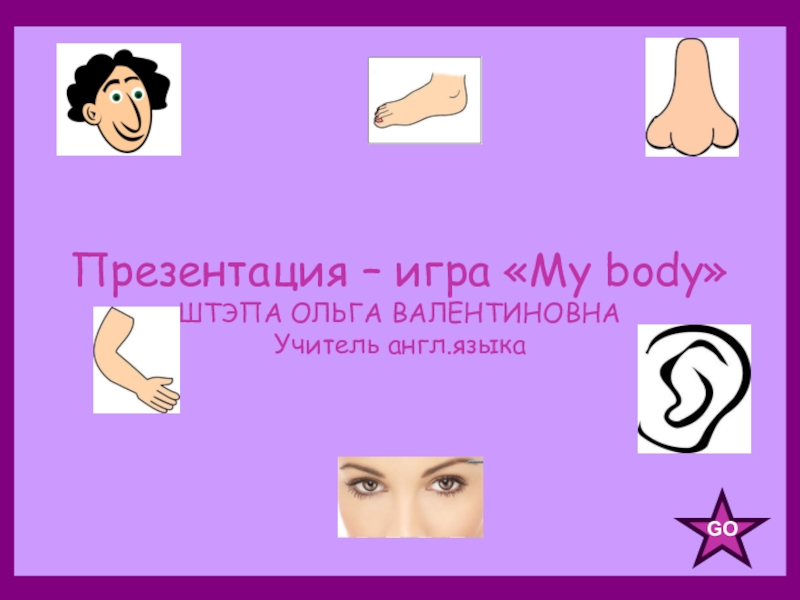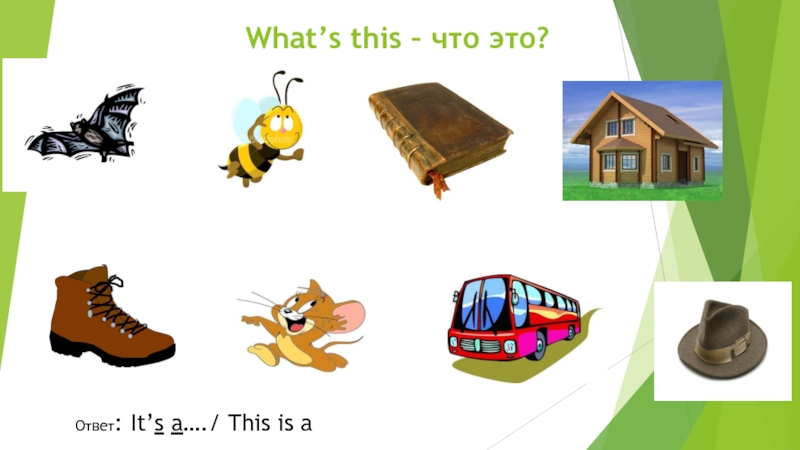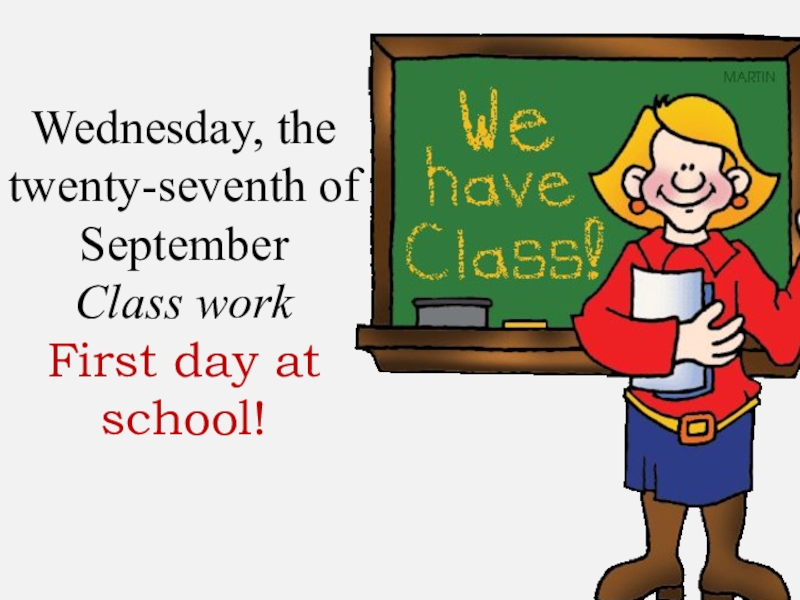Косвенная речь – это передача чьих-либо слов своими словами.
- Главная
- Разное
- Образование
- Спорт
- Естествознание
- Природоведение
- Религиоведение
- Французский язык
- Черчение
- Английский язык
- Астрономия
- Алгебра
- Биология
- География
- Геометрия
- Детские презентации
- Информатика
- История
- Литература
- Математика
- Музыка
- МХК
- Немецкий язык
- ОБЖ
- Обществознание
- Окружающий мир
- Педагогика
- Русский язык
- Технология
- Физика
- Философия
- Химия
- Шаблоны, фоны, картинки для презентаций
- Экология
- Экономика
Презентация, доклад по английскому языку Косвенная речь
Содержание
- 1. Презентация по английскому языку Косвенная речь
- 2. Прямая речь– это речь, переданная
- 3. Example
- 4. Sequence of Tenses (правило согласования времен)
- 5. Слайд 5
- 6. Слайд 6
- 7. Am, is, are S V1+ing?Was, were S
- 8. Прямая речьHe says, “I sent them
- 9. He tells them, “I can help you.”При
- 10. tell + to + infinitive
- 11. Слайд 11
- 12. Слайд 12
- 13. 1.He said, ‘Where is Jill going?’
- 14. Exercises4. ‘Don’t open the door or answer
- 15. Передайте следующие предложения в косвенной речи
- 16. a) 'You can't park here.' The police
- 17. h) 'I think it's going to
- 18. n) 'Are you enjoying your flight?'
- 19. The endThank you for attention
Слайд 2 Прямая речь– это речь, переданная дословно, без изменений.
Direct
Слайд 6 Questions
Если
Общий вопрос:
Peter: "Do you play football?" - Peter asked me whether (if) I played football.
Специальный вопрос:
Peter: "When do you play football?" - Peter asked me when I played football.
Слайд 7Am, is, are S V1+ing?
Was, were S V1+ing?
Do/does S V1?
Did S
Have/has S V3?
Will S V1?
Can S V1?
Слова автора
If
S
was, were V1+ing
had been V1+ing
V2/ V1 +ed
had V3
had V3
would V1
could V1
Слова автора
S
am, is, are S V1+ing?
was, were S V1+ing?
do/does S V1?
did S V1?
have/has S V3?
will S V1?
can S V1?
Вопросительное слово
was, were V1+ing
had been V1+ing
V2/ V1 +ed
had V3
had V3
would V1
could V1
Вопросительное слово
General question
Special question
Слайд 8 Прямая речь
He says, “I sent them the letter.”
Он говорит :
Если глагол в главном предложении стоит в Present Tenses, то глагол в косвенной речи в прид. предл. остается в том же времени что и в прямой речи:
Косвенная речь
He says, that he sent them the letter.
Он говорит, что он послал им письмо.
Слайд 9He tells them, “I can help you.”
При переводе прямой речи в
He tells them that he can help them.
Слайд 131.He said, ‘Where is Jill going?’
В He asked where Jill is going.
С He asked where Jill was going.
2.The doctor asked, ‘How do you feel?’
A The doctor asked how did I feel.
В The doctor asked how I felt.
С The doctor asked how I had felt.
3. ‘Will you be free tomorrow?’ Colin asked Richard.
A Richard asked would Colin be free the next day.
В Colin asked Richard if he would be free the following day.
С Colin asked if Richard will be free tomorrow.
Exercises
Слайд 14Exercises
4. ‘Don’t open the door or answer the phone,’ said her
A Her parents said to her not to open the door or answer the phone.
В Her parents told her not to open the door and to answer the phone.
С Her parents told her neither to open the door nor to answer the phone.
5. ‘Why hasn’t he locked the car door?’ the policeman said.
A The policeman asked why he hadn’t locked the car door.
В The policeman asked why hadn’t he locked the car door.
С The policeman asked why he didn’t lock the car door.
6. The teacher said to us, ‘Be quiet, please.’
A The teacher asked us be quiet.
В The teacher told us to be quiet.
С The teacher said to us to be quiet.
Слайд 16a) 'You can't park here.' The police officer told Jack ….........
b)
c) 'I'm taking the 5.30 train tomorrow evening.' Janet said ..........
d) 'The trousers have to be ready this afternoon.' Paul told the dry-cleaners….
e) ' I left my umbrella here two days ago.' Susan told them .........
f) 'The parcel ought to be here by the end of next week.' Brian said…
g) 'I like this hotel very much.' Diana told me ...…..
Rewrite each sentence in indirect speech
Слайд 17 h) 'I think it's going to rain tonight. William said.......
j) 'Do you watch television every evening, Chris ?' The interviewer asked….
k) 'Why did you apply for this job?' asked the sales manager. The sales manager asked me....
l) 'Are you taking much money with you to France?' My bank manager wanted to know.........
m) 'When will I know the results of the examination?' Maria asked the examiner …...
Слайд 18 n) 'Are you enjoying your flight?' The stewardess asked me..............
p) 'Have you ever been to Japan, Paul?' Sue asked Paul …....
q)'I want to know how much this bike costs. Can you tell me?' John asked how…....
r) Don't worry, I'll help you.' Sue told me…......
























